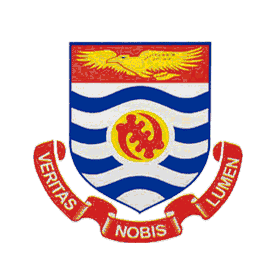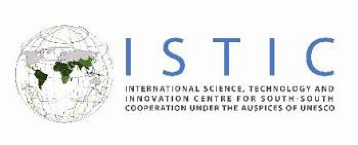National Maritime Foundation
Description
About
The genesis of the National Maritime Foundation (NMF), New Delhi, lies in a long-felt need to redress India’s historical neglect of its maritime domain. The necessity to address the multifarious disciplines, themes, subjects and nuances that make up not merely ‘naval’ power (sea power) but that constitute comprehensive ‘maritime’ power, was well recognised by the Indian Navy and fully endorsed by the Government of India.
The NMF was accordingly established, in 2005, as the nation’s first maritime think-tank for the conduct of independent and policy-relevant research on all ‘matters maritime’. It was, from it very inception, designed to create and heighten maritime awareness amongst India’s policy-makers, intellectual echelons, and civil society at large. Towards this end, it was to be a policy-relevant research organisation of acknowledged excellence that would not only undertake serious, cutting-edge maritime research of its own but would also provide a common platform for advocacy, discourse, and debate, between maritime-related national and international institutions, organisations, and academic establishments, as also reputed and renowned individuals, professionals, and practitioners the world over.
The Foundation was inaugurated on the 15th of February, 2005, by the then Defence Minister of India, the late Dr Pranab Mukherjee, who went on to become the Honourable President of the Republic of India. While the NMF is an independent and autonomous think-tank, its intellectual and organisational development is supported by the Ministry of Defence and the Indian Navy. Over the years that have elapsed since its inception, the NMF has grown rapidly from an embryonic manifestation of India’s maritime renaissance into an effervescent, globally respected, and renowned intellectual institution with robust academic linkages within the country as well as overseas.
What We Do
Located in India’s capital, New Delhi, we are amongst India’s foremost think-tanks. We are unique in that we are the only think-tank in India that concentrates solely upon India’s maritime domain. However, the focus of our research is holistic and comprehensive and is NOT restricted to ‘military maritime security’ (hard security) alone. Instead, our research-faculty examines and analyses the entire gamut of issues relevant to India’s holistic maritime security, seeking to provide India with freedom from manmade- and natural threats, as well as those that result from a combination of these — any or all of which could arise in-, from-, or through- the sea.
Thus, in addition to military maritime security, our research also addresses a wide range of important economic-, socio-economic-, socio-cultural-, scientific-, legal-, and historical issues, all of which are critical to ‘maritime India’. These include, amongst others, fleshing-out the vision of SAGAR (Security and Growth for All in the Region), providing specificity to the ‘Indo-Pacific Oceans Initiative’ (IPOI), developing policy-relevant approaches to polar regions, pushing India’s efforts to improve maritime connectivity through a variety of bilateral, trilateral, mini-lateral and multilateral maritime constructs, and, supporting a national and regional transition to a Blue Economy. We also pay close attention to India’s ongoing maritime endeavours in respect of the fishing industry; the shipping industry (including shipbuilding, ship-repair, and shipbreaking), port-construction, enhancing port-efficiency, port-resilience, and, port-led community development (including the SAGARMALA mega-project); the offshore energy industry (incorporating upstream, midstream and downstream activities, and including import-driven facets of energy-security and the security-of-energy-flows over the seas); the maritime telecommunication industry (including underwater cables); the maritime safety industry; and, the maritime leisure and tourism industry. Other areas of sharp and sustained focus at the NMF include the maritime impacts of climate change and the several nuances of public international maritime law.
We realise that creating and sustaining a robust maritime identity and ethos are prerequisites for success in all such endeavours. Consequently, we are strident in our evangelistic advocacy of maritime consciousness at all levels of the Indian polity.
As a ‘Track 1.5’ institution, with a healthy mix of highly-qualified and experienced practitioners (by way of serving officers of the Indian Armed Forces) and civilian scholars, we are making measurable progress towards realising, in full measure, the Foundation’s vision of being the foremost resource centre for the formulation and advocacy of strategies for the promotion and protection of India’s maritime interests.
SECTOR
Research
Country
India
SDG
07 - Affordable and Clean Energy, 13 - Climate Action
Organization Type
Government
Similar Organizations



